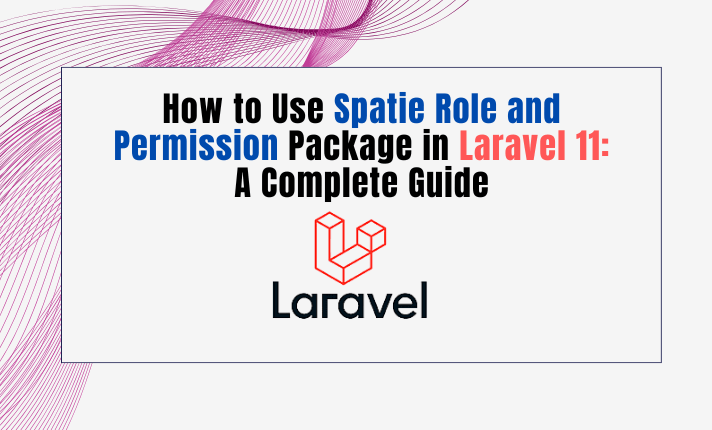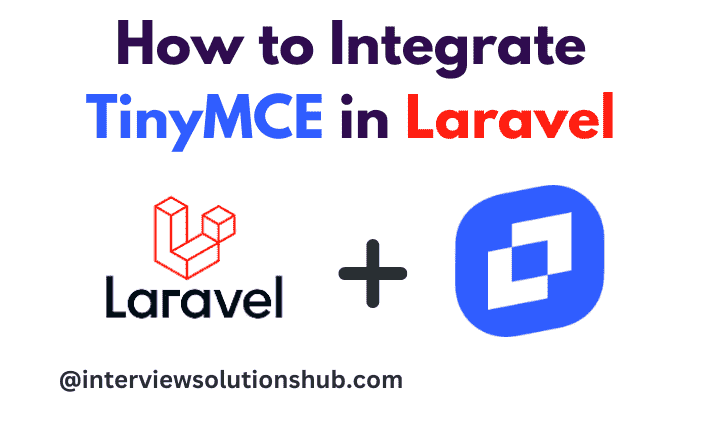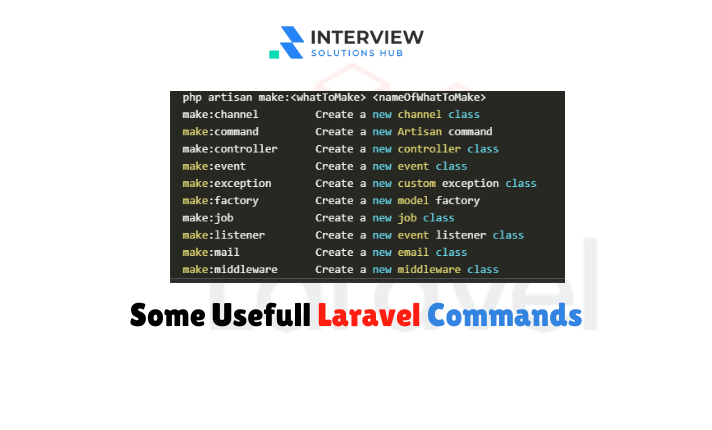Mastering HTTP Response Status : A Journey from Beginner to Expert
Read More


Laravel is a powerful framework for building robust applications, and its API Resources feature allows developers to transform models into JSON responses efficiently. One powerful tool in Laravel's API Resources arsenal is the whenLoaded() method. This method offers a smart way to conditionally include relationship data in API responses, optimizing performance by preventing unnecessary database queries.
In this article, we explore how to use whenLoaded() to dynamically include related data only when needed, thereby improving the performance of your API by reducing unnecessary queries. We’ll see how this works in a real-world scenario where dynamic relationship loading and efficient query optimization are essential.
whenLoaded() in API Resources:The whenLoaded() method is particularly useful when working with Eloquent relationships in API responses. When you load a resource that has relationships, whenLoaded() checks if a relationship has already been loaded. If the relationship exists, it will be included in the API response; otherwise, it will be excluded automatically, preventing unnecessary database queries.
Here’s an example of how to use whenLoaded() in an API Resource:
namespace App\Http\Resources;
use Illuminate\Http\Resources\Json\JsonResource;
class UserResource extends JsonResource
{
public function toArray($request)
{
return [
'id' => $this->id,
'name' => $this->name,
'posts' => PostResource::collection($this->whenLoaded('posts')),
];
}
}
In this example, if the posts relationship has been loaded, the posts key will be included in the response. If not, the posts key will be omitted, leaving only the id and name in the response.
Consider a situation where you’re building an API for an article management system. You may want to conditionally load relationships like the author of the article and its comments based on the user’s request. This can be achieved using whenLoaded() in conjunction with dynamic query loading.
Here’s how you might implement this in your Article Controller:
namespace App\Http\Controllers;
use App\Models\Article;
use App\Http\Resources\ArticleResource;
use Illuminate\Http\Request;
class ArticleController extends Controller
{
public function index(Request $request)
{
$query = Article::query();
// Conditionally load relationships based on request parameters
if ($request->boolean('with_author')) {
$query->with('author');
}
if ($request->boolean('with_comments')) {
$query->with(['comments' => fn($query) => $query->latest()]);
}
return ArticleResource::collection($query->paginate());
}
}
In this example, based on the request parameters with_author and with_comments, we dynamically load the author and comments relationships. We can then conditionally include these relationships in the API response using whenLoaded().
The ArticleResource transforms the article data and includes the author and comments relationships only if they have been loaded:
namespace App\Http\Resources;
use Illuminate\Http\Resources\Json\JsonResource;
class ArticleResource extends JsonResource
{
public function toArray($request)
{
return [
'id' => $this->id,
'title' => $this->title,
'content' => $this->content,
'author' => new UserResource($this->whenLoaded('author')),
'comments' => CommentResource::collection($this->whenLoaded('comments')),
'latest_comment' => $this->whenLoaded('comments', function() {
return new CommentResource($this->comments->first());
}),
];
}
}
In this case:
author relationship is included if it was loaded with the article.comments relationship is included if it was loaded, and we can even return the latest comment using a custom callback within the whenLoaded() method.comments relationship is not loaded, the latest_comment field will not be included, preventing unnecessary data from being included in the response.For more details on conditional loading in Eloquent relationships, check out Laravel’s Eloquent Relationships.
whenLoaded() in API Resources:Reduced Database Queries: By using whenLoaded(), you ensure that relationships are only loaded when explicitly needed, preventing unnecessary queries. This optimizes your application's performance, especially when dealing with large datasets. Learn more about Eloquent Query Optimization.
Cleaner API Responses: whenLoaded() helps ensure that your API responses only contain the relevant data. If certain relationships are not needed, they won't appear in the response, leading to a cleaner and more concise API output.
Flexible and Efficient Query Handling: Laravel’s ability to dynamically load relationships based on user input (such as request parameters) makes it easy to create flexible APIs that can cater to a variety of use cases. For example, a client can request an article with or without its comments based on their needs, and your API will adapt accordingly. For more on dynamic relationships, visit Eloquent Relationships Documentation.
Improved Performance: By preventing the loading of unnecessary relationships, whenLoaded() significantly reduces the overhead of loading unrelated data, helping your application scale and perform better.
Using whenLoaded() in Laravel’s API Resources allows you to optimize your API’s performance by conditionally including relationship data. This ensures that your application only queries and returns the data that is necessary, reducing unnecessary database operations and improving overall performance. By leveraging dynamic relationship loading and efficient query handling, you can create lean, fast, and flexible APIs that meet the needs of your users without compromising on speed or resource usage.
Whether you are building a small application or a large, data-intensive API, whenLoaded() is a valuable tool for optimizing the way relationships are handled in Laravel. For further reading on building high-performance APIs with Laravel, explore the Laravel API Resources Documentation.
Recent posts form our Blog
.png)
.png)
.png)



0 Comments
Like 0